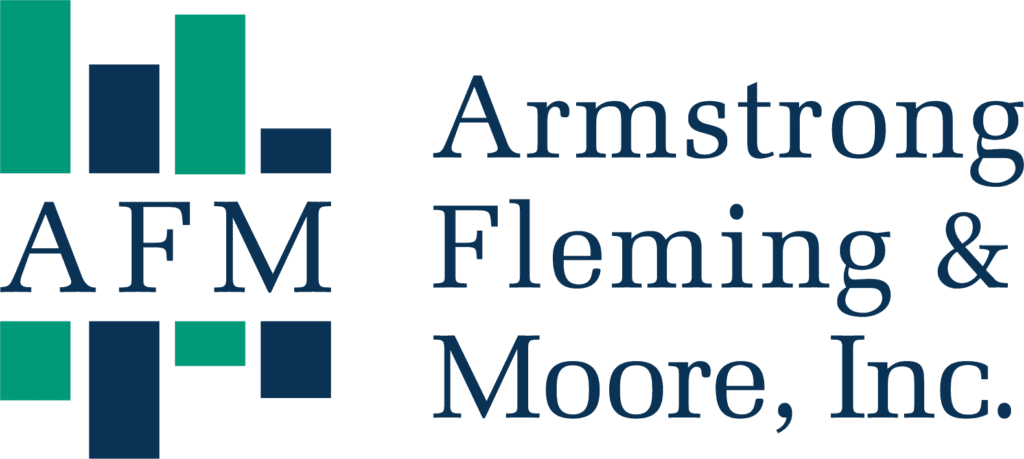Why write a book specifically for women about retirement? It’s the question my co-author, Mary R. Donahue PhD., and I started with when we decided to write our recent book, Your Next Chapter: A Woman’s Guide To A Successful Retirement. When you consider three simple truths, the answer is relatively unsurprising.
Longevity: Statistically, women live five years longer than men according to the National Center for Health Statistics. Additionally, recent census figures show that by the age of 75, the majority of women are single whereas their male counterparts have a spouse. Given these figures, it is safe to project that women’s retirement funds need to last longer than a man’s savings.
Less assets: Generally, working women earn less than men. In fact, according to U.S. census data, women earn approximately 82% less than men over the course of their professional lives. This translates to women not having as much in retirement funds or eligibility to as much Social Security income.
Lack of investment expertise: If married, working women are typically balancing work and management of the home and family, delegating investment to their spouse. This often leads to less knowledge about investments.
These realities will impact every woman’s retirement and the more one understands how these issues can impact their financial future, the easier retirement planning can be. But, it’s never as easy as one might expect.
How to plan to retire:
The first step in the retirement process is assessing your current financial situation. Retirement planning would be pretty straightforward if we knew when we were going to die. Fortunately, we don’t and considering women’s longevity, it is important for women to plan for both their initial years of retirement as well as the future – which can be as much as thirty years!
Even if women have managed their own financial affairs, retirement planning will bring about an entirely new set of challenges and when making decisions about this stage of life the objective advice from an experienced financial planner can be invaluable. She can help answer important questions such as: What do you own and what do you owe? What income can you expect when you retire? You’ll have predictable sources of income such as Social Security and less predictable sources including your retirement funds (IRAs, 401(k), etc.) What will your expenses be?
After estimating income and expenses, adjustments can be made to your financial plan: When should you start taking Social Security or money from your retirement funds? Should you consider shifting your investments to provide more current income? Retirement also presents a different way of living. At AFM we always recommend having a larger cash reserve – at least a year of expenses, to cover unexpected expenses – when you first retire.
When and where to retire:
The question about when to retire can be one of the most difficult. It depends on so many factors: Do you want to stop working? Perhaps no – many women truly enjoy working and don’t want to stop. For others, the time to stop working can’t come soon enough. If married, the timing of retirement might coincide with your partner – or, it might not. In some cases, especially for women, the decision to leave work might be sooner than expected to care for a sick family member.
Another important decision is where one chooses to live. Housing and living expenses are major budget items and living location is usually a more emotionally charged issue for women than men. For instance, staying closer to family and friends is often more important to women than to men.
Even if one decides to “age in place,” decisions around moving to a smaller residence, an apartment or to a retirement community in the area will likely have to be made. For those living in a cold climate, renting or buying a home to spend part of the year in warmer weather might also be something to consider. This is when taxes can come into play when deciding where to establish a primary residence. If taxes are the primary motivation, it’s important to consider real estate and sales taxes as well as income taxes. Kiplinger’s guide to state taxes for retirees can be a helpful resource.
Lastly, some might prefer to rent a home, rather than own, perhaps live in a recreational vehicle, or even move out of the United States. Whatever decisions one comes to they will need time to fully assess their options.
Retirement planning carries a host of complexities for everyone, but women face a set of unique challenges. Your Next Chapter: A Woman’s Guide To A Successful Retirement can help women successfully navigate through this major transition in their lives, both emotionally and financially. If you have questions about your retirement planning, please reach out to us.

